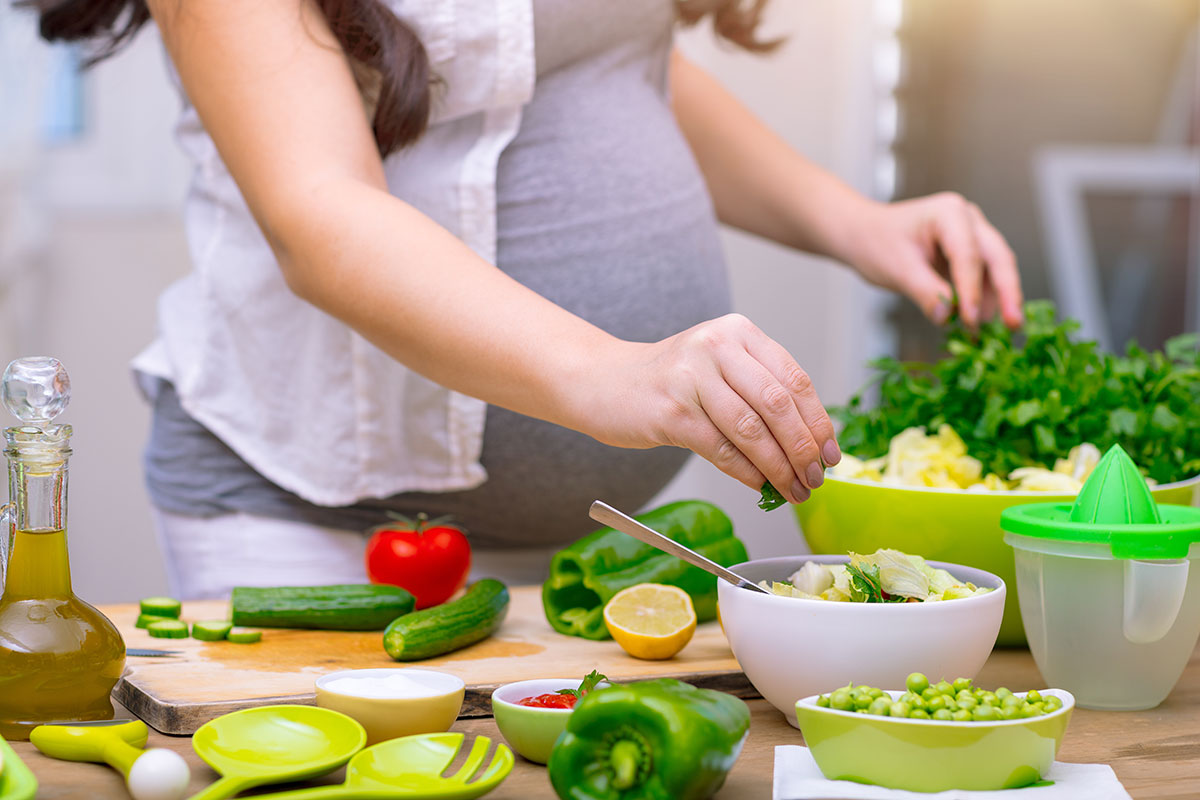What to eat if you have PCOS
Polycystic Ovarian Syndrome (PCOS) is a hormonal condition linked to a range of symptoms such as ovarian cysts, irregular periods, excessive hair growth in areas such as the face, acne, and various types of inflammation. The exact cause of PCOS is still not entirely clear, but experts believe that it could be hereditary and may be linked to other conditions such as insulin resistance, low-grade inflammation from white blood cells, and an overproduction of androgen hormones which affects ovulation.
Living with any chronic condition is very taxing and is especially frustrating when there is no known cure. However, studies have shown how diet affects PCOS in major ways and may hold the key to long term management of the condition for many people.
Learning to Manage PCOS
Managing PCOS day to day is all about taking small measures to keep the condition in check. Without proper care, PCOS can lead to complications such as diabetes, metabolic syndrome, and infertility. It’s also important to acknowledge the ways in which a chronic condition can deeply affect your mental health and well-being. Working with both a doctor and therapist is a holistic way to address the symptoms of PCOS, both mental and physical. Working with a dietician may help to support you as you learn how to manage your PCOS.
How Diet Affects PCOS
Insulin resistance is very common among people with PCOS and diet can go a long way to help you manage your blood sugar levels, weight, and inflammation so that PCOS doesn’t lead to other conditions.
While everyone’s bodies are different and there’s no one catch-all diet for everyone, the mediterranean diet has been proven to help manage insulin levels and provide optimal nutrition for those living with POCS. This diet eliminates foods that negatively affect PCOS such as fried foods, red meats, processed foods, refined sugar, and saturated fats.
The Mediterranean Diet and PCOS
PCOS friendly foods are high in fiber, lean protein, and healthy carbs. These qualities are central to the Mediterranean Diet, making the diet not only great for PCOS but also one of the healthiest possible diets for many chronic conditions and for long-term health in general.
PCOS friendly foods in the Mediterranean diet include:
- Fish
- Lentils
- Berries
- High-fiber vegetables
- Nuts
- Extra virgin olive oil
One concern that many people have when trying a new diet is whether or not they will still be able to enjoy food and all the wonderful social aspects that come with it. The good news is that PCOS friendly foods do not need to inhibit you from enjoying a delicious meal and enjoying life. There are so many restaurant, recipe, and snack options that fall into the category of what to eat when you have PCOS that you may find sticking to this diet to be easier than you think.
In addition, many people on the diet have reported an increase in overall physical and mental health and well-being because it’s a simple, nourishing, and delicious way to eat!

PCOS and Fertility
While PCOS can be linked to fertility issues, that isn’t always the case. However, a healthy diet and lifestyle can only help you when trying to conceive with PCOS. At Pacific Northwest Fertility, we are experts in working with patients who have chronic conditions and determining the best path forward for both holistic health and fertility. Contact us today to schedule an initial consultation and learn how we can help guide you through the family-building process while managing PCOS.


